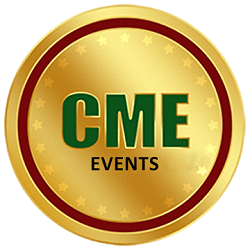Rushi
PGIMER DR RML Hospital
India
Title: Emerging innovative psychological treatment & therapeutic techniques for the patients with HIV/AIDS
Biography
Biography: Rushi
Abstract
Counseling in HIV and AIDS has become a core element in a holistic model of health care, in which psychological issues are recognized as integral to patient management. HIV and AIDS counseling has two general aims: (1) the prevention of HIV transmission and (2) the support of those affected directly and indirectly by HIV/AIDS and counseling can both minimize morbidity and reduce its occurrence. People who are infected with HIV have a greater risk of developing depression. Counseling helps you deal with the emotional aspects of the disease. Grief counseling can help you deal with end-of-life issues, if needed. The choice of counseling is based on individual needs, background, and symptoms. Sessions may be individual or as part of a group. There are several types of counseling: Interpersonal therapy focuses on current relationships; Cognitive-behavioral therapy identifies irrational or faulty thinking and helps to change problem behaviors; Psychodynamic therapy focuses on unresolved childhood and teenage experiences and their impact on your current thoughts and feelings. Now days there is a emerging therapeutic technique called “Mindfullness’ which has significant efficacy in reducing the burden and stress for the illness and eventually minimize the morbidity. The effectiveness of counseling varies. Some people respond very well. Others find minimal relief. Studies suggest that counseling can effectively treat people who have HIV and who also have problems with depression.

